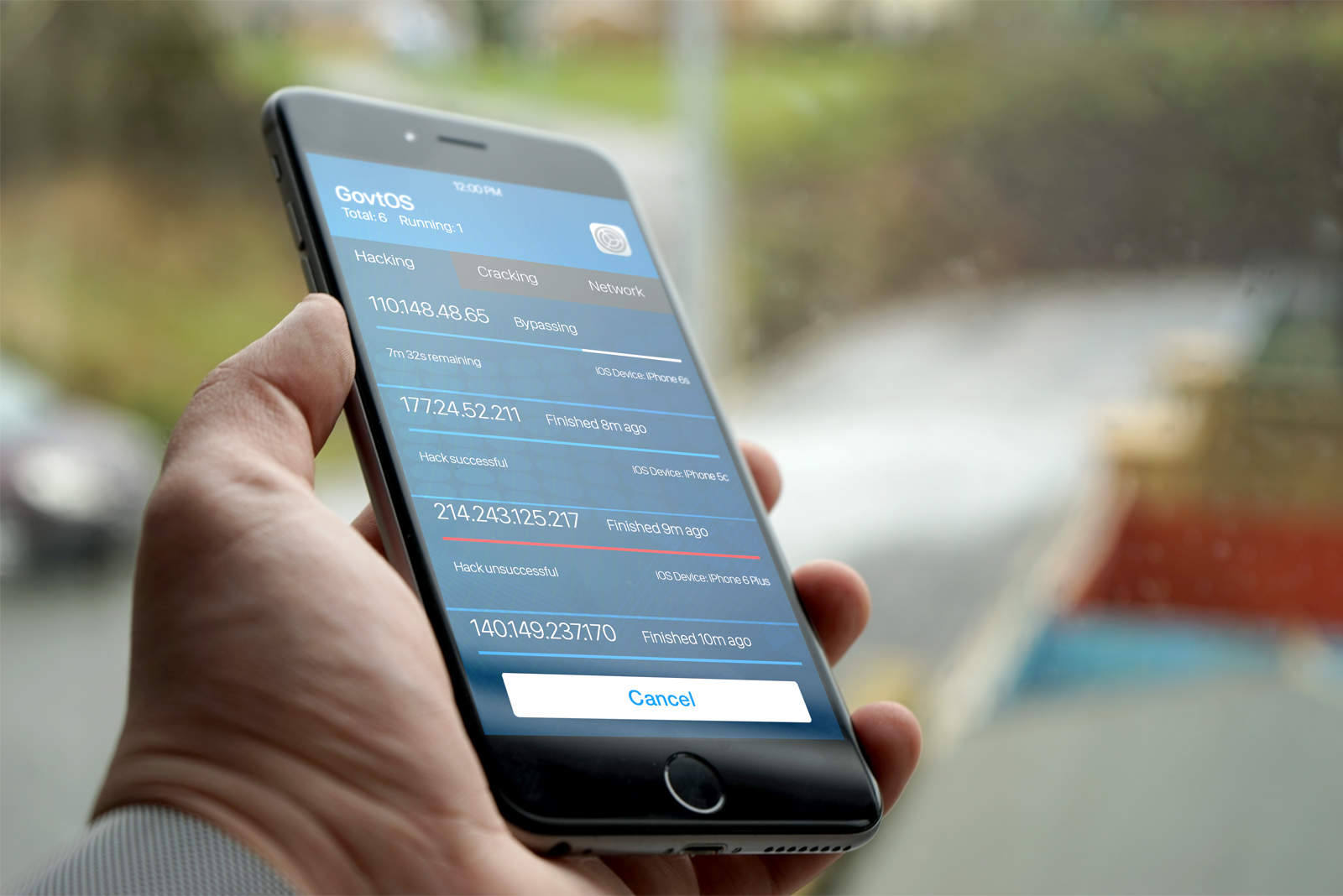The European Union’s highest court has ruled that the U.K.’s Investigatory Powers Act, aka the “snooper’s charter,” is illegal.
The EU objects to the government’s “general and indiscriminate” retention of emails and other electronic communications. While the EU acknowledges that this information can be helpful, they argue that it should only be gathered in specific targeted instances to stop terrorism or serious crime.
A high court victory had already been scored against the U.K.’s Conservative government, but the U.K. appealed the case and asked that it be heard by the European Court of justice in Luxembourg.
After the verdict was announced, a Home Office spokesman said:
“We are disappointed with the judgment from the European Court of Justice and will be considering its potential implications. It will now be for the court of appeal to determine the case. The government will be putting forward robust arguments to the court of appeal about the strength of our existing regime for communications data retention and access.
Given the importance of communications data to preventing and detecting crime, we will ensure plans are in place so that the police and other public authorities can continue to acquire such data in a way that is consistent with EU law and our obligation to protect the public.”
What does Investigatory Powers Act mean for Apple?
The bill potentially forces companies like Apple to help unscramble end-to-end encrypted messages like those used in iMessage. The bill also legalizes the hacking of mobile phones, laptops, servers, routers and other tech devices for the gathering of intelligence.
Because of this, Apple criticized the Investigatory Powers Act during the legislation’s draft stage, arguing that forcing companies to create backdoors in encryption services like iMessage could “hurt law-abiding citizens.” It has spent much of 2016 arguing against similar rulings in the United States.
“The government does not know in advance which individuals will become targets of investigation, so the encryption system necessarily would need to be compromised for everyone,” Apple wrote in a statement.
Wikipedia founder Jimmy Wales also called for Apple to “refuse to sell iPhone in [the] U.K. if [the] government bans end-to-end encryption.”
Of course, while this European court victory is significant, it would quite possibly have no legal grounding once the U.K. has successfully “Brexited” the European Union.
Still, after the battles Apple has fought in Europe, it’s nice to see the company philosophically aligned with the EU for once!
Source: The Guardian


